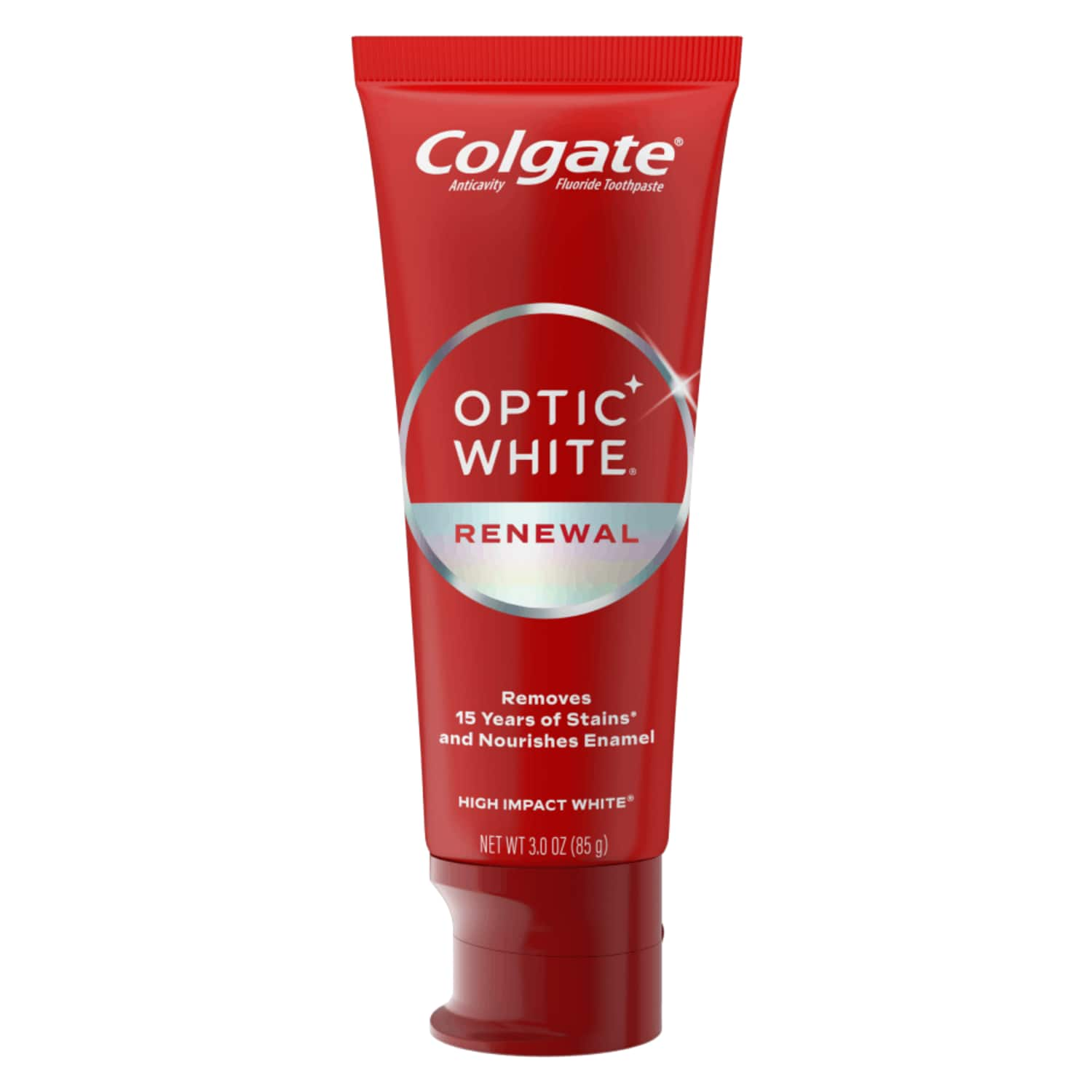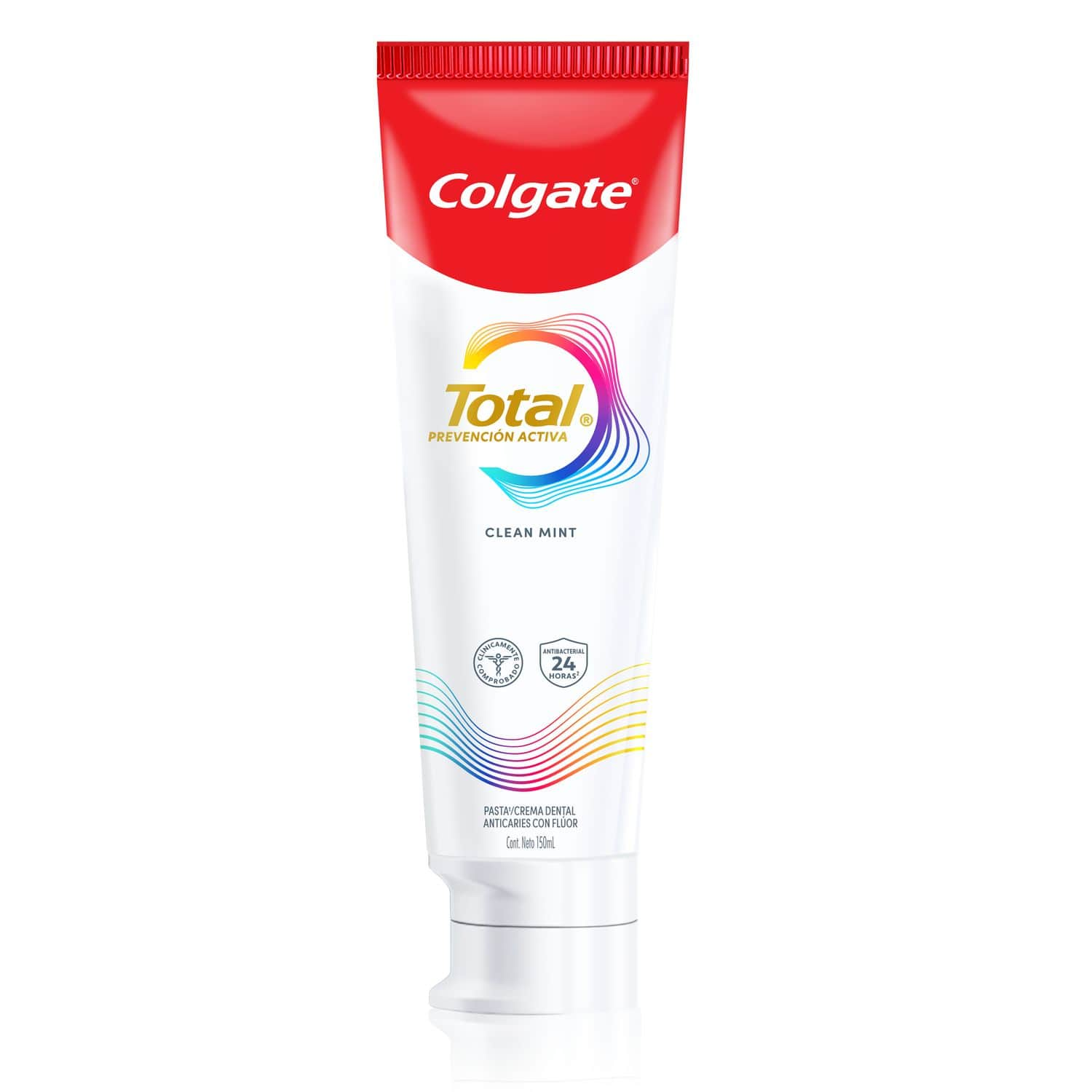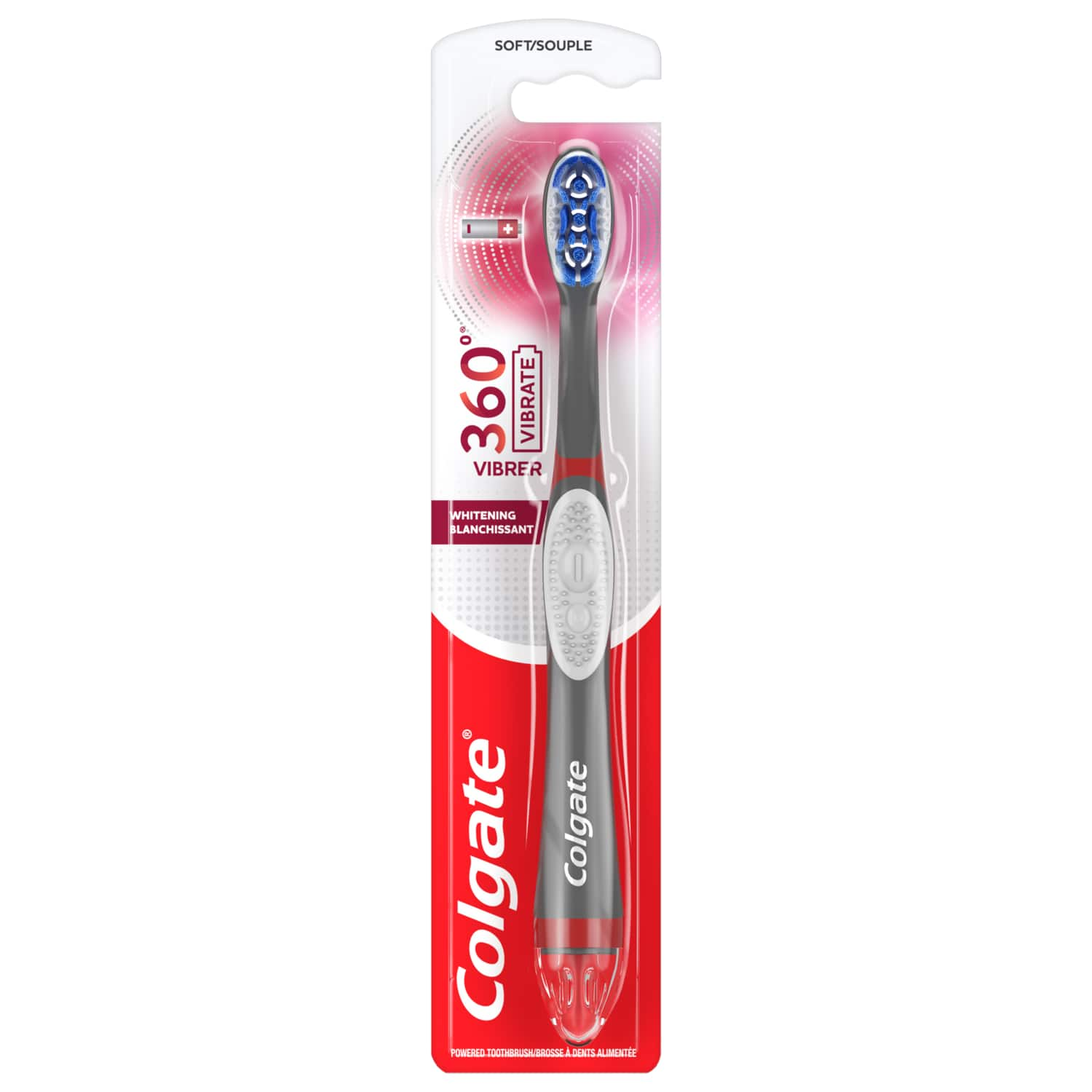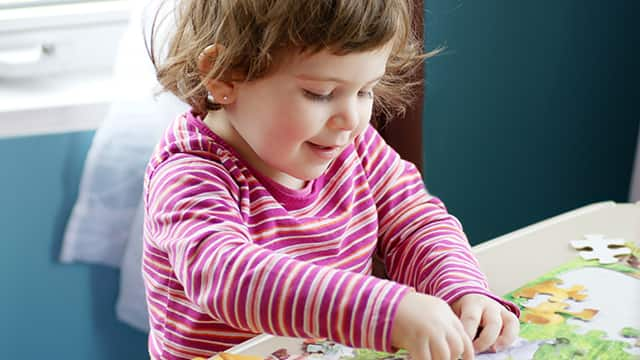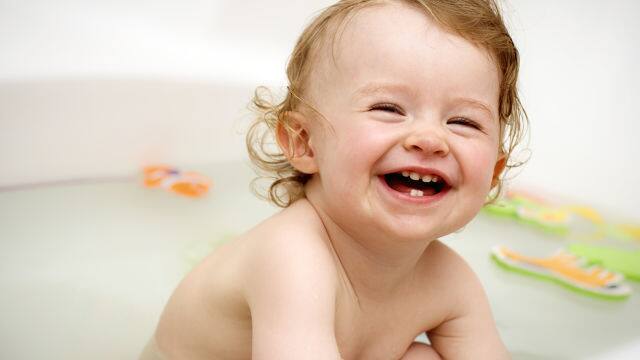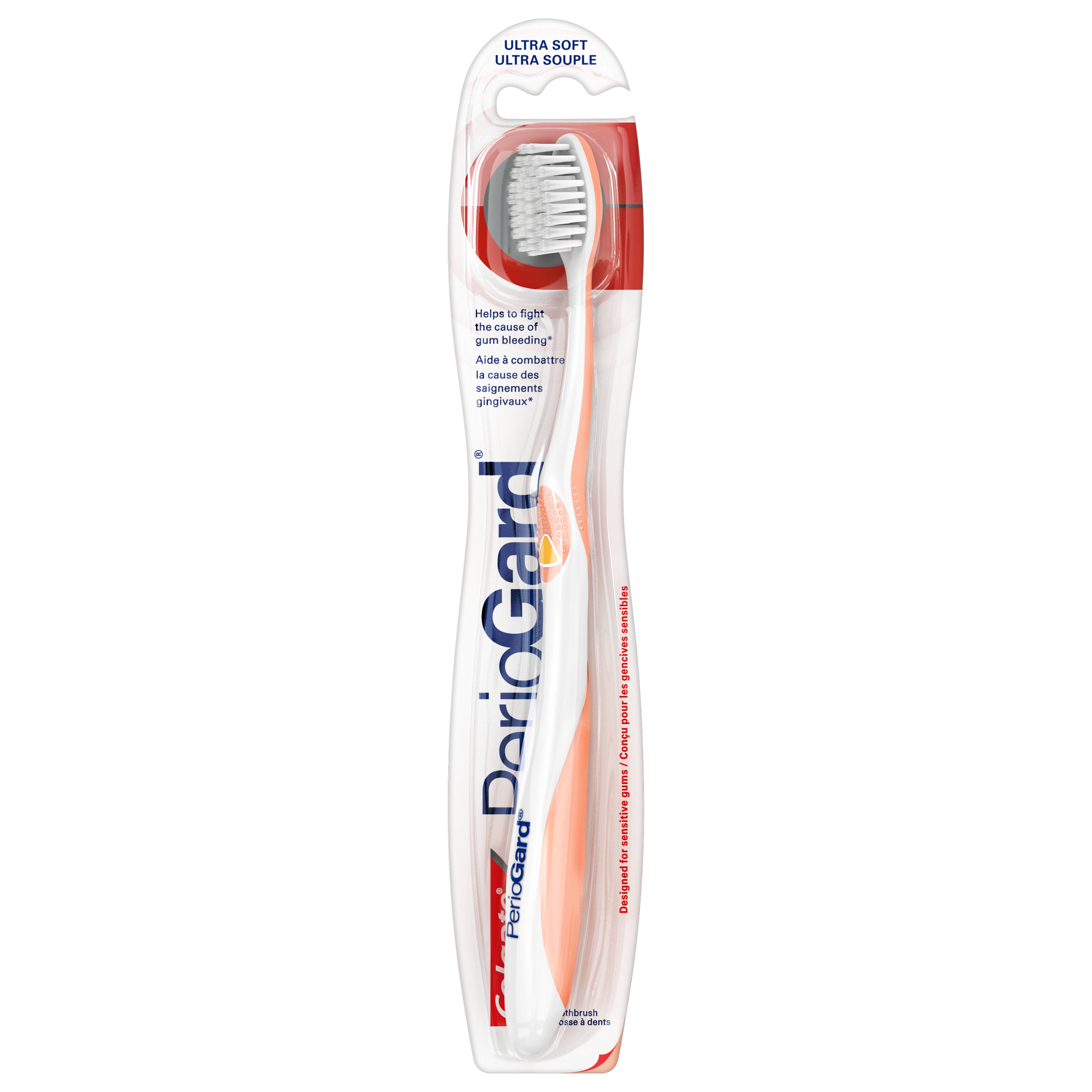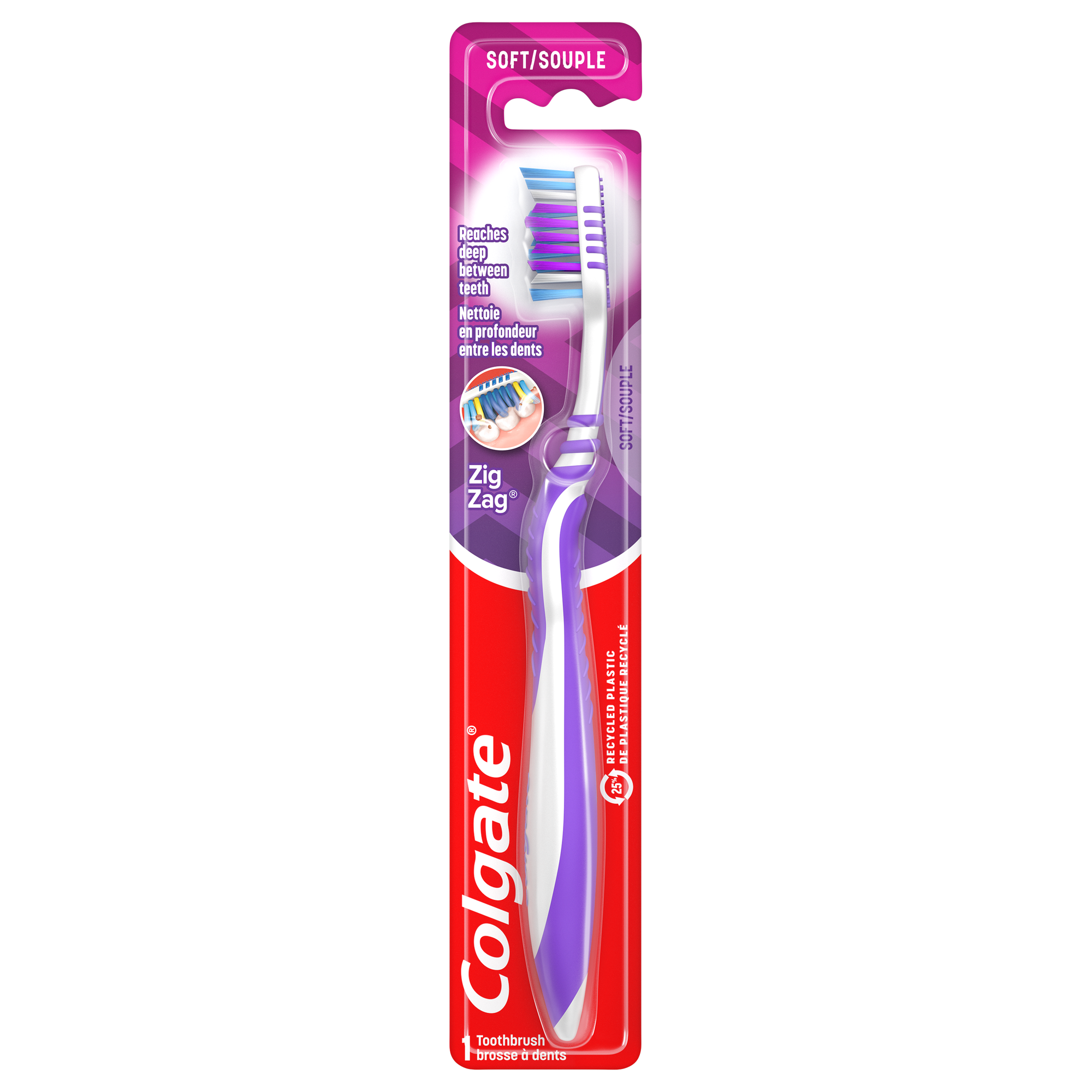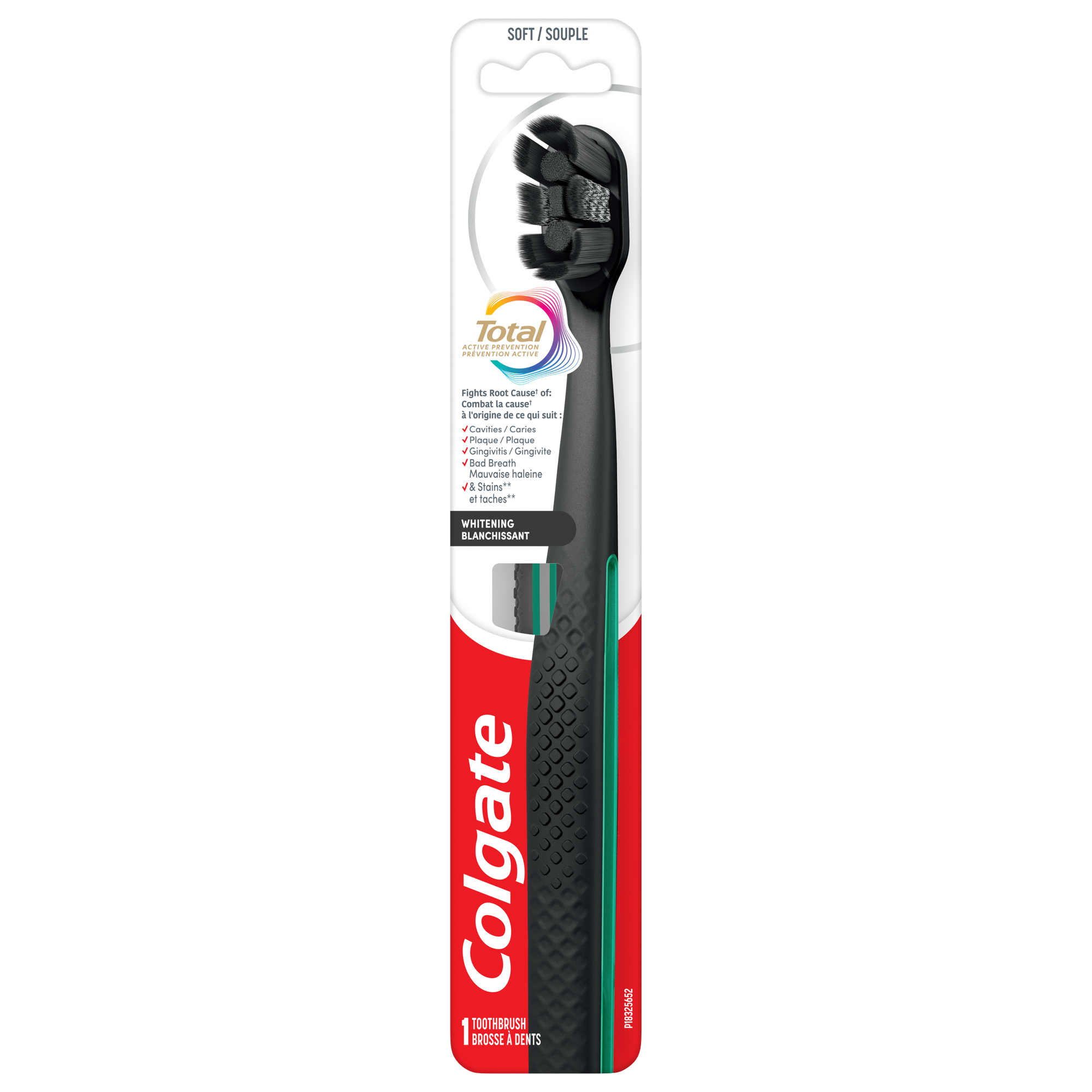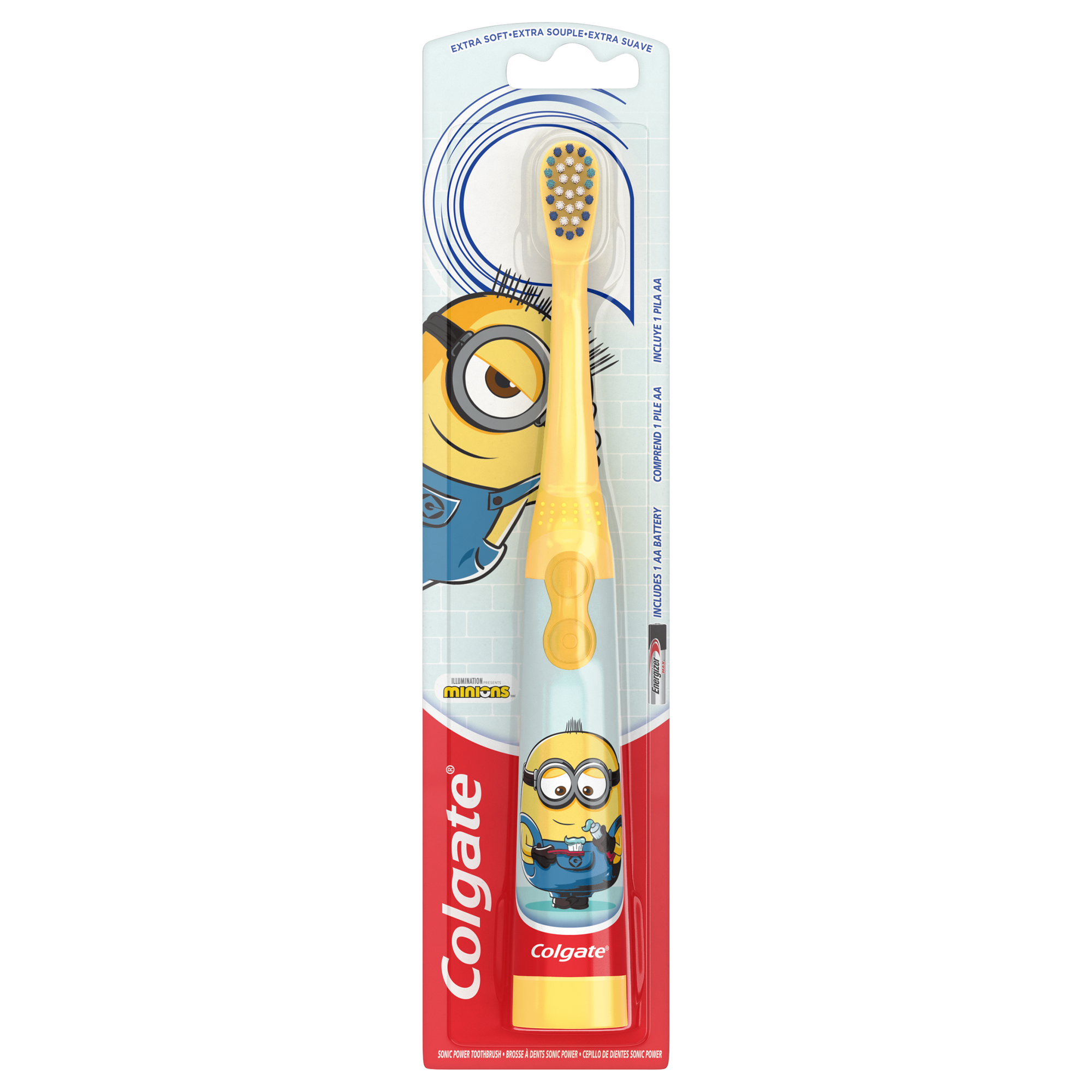-
-

TOOTH SENSITIVITY
What Causes Tooth Sensitivity & How to Treat ItIf you avoid eating cold foods or drinking hot beverages because your teeth are sensitive, it may be time to get...

NUTRITION ORAL HEALTH
How To Limit The Effects Of Sugar On TeethCookies, cakes, candies and sodas – everywhere you go, there are sugary treats to tempt you and your kids. The effects of sugar...
-
Science & Innovation
- ORAL HEALTH CHECK
- PRODUCT MATCH
- Colgate® | Toothpaste, Toothbrushes & Oral Care Resources
- Oral Health
- 3 Month Old Teething: What to Know
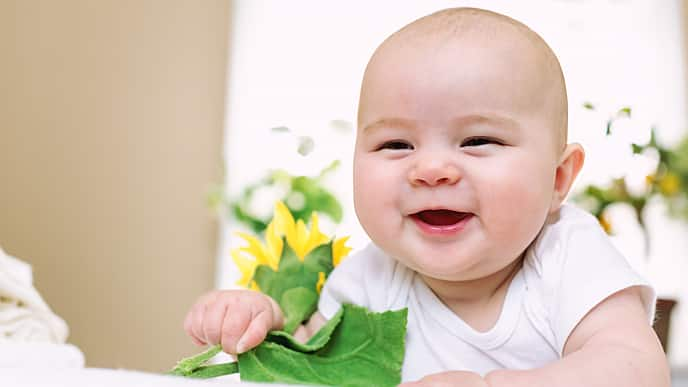

Most babies start teething between 6 and 12 months of age, but that doesn't mean your 3-month-old is totally immune. Health Link BC notes that it is normal for teething to begin as early as three months of age, which means that while navigating early sleep and feeding with your newborn, you might also be dealing with a your baby's sore mouth. If your 3-month-old seems to have all the hallmarks of a teething tot, you may need to adjust how you help your little one through the pain and irritability that can accompany his or her first tooth.
Signs of Early Teething
Your baby might start experiencing the symptoms of teething long before that first tooth makes its appearance. Knowing the signs of teething can help you stay calm when your usually mild-tempered baby starts to become fussy or exhibit some of the other classic teething symptoms, such as:
- Irritability
- Trouble sleeping
- Red, swollen or tender gums
- Excess drooling
- Rash around the chin, neck and mouth
- The need to chew or gnaw on objects
- Refusing breast or bottle
The two bottom teeth are usually the first to make their appearance, so your baby's tenderness and pain might seem to be localized there. If your little one is exhibiting these symptoms, they are better indicators of teething than age. Each baby is different, so while some might follow the average teething timeline, others teeth early or even later. It's rarely a cause for concern, but you can bring up any worries you might have at your next pediatrician check-up.
Teething Treatments
In the case of 3-month-old teething, some of the usual treatment options simply aren't appropriate for younger babies. While you might be able to hand a cracker or small piece of fruit for a 6- to 8-month-old, Health Canada recommends waiting until your little one is 6 months of age before introducing solid foods. Products that contain benzocaine are often marketed for baby teething pain, but the Government of Canada has warned against the use of benzocaine for children under two, citing health risks and a rare but serious condition called methemoglobinemia, a rare blood disorder that can restrict the amount of oxygen carried in your baby's blood and can be fatal.
With younger babies, it's best to offer comfort in the form of massage or something cold. You can dip the corner of a washcloth into water and pop it into the freezer for a safe and effective way to ease teething pain, or use a soft-bristled toothbrush or even a clean finger to massage sore gums. Don't offer acetaminophen until you've cleared its use with your pediatrician.
If your baby's teeth do make an appearance before he or she is 6 months old, you'll still need to brush with a soft toothbrush or cloth and a fluoride-free toothpaste, which gently cleans teeth. Babies and toddlers are likely to swallow toothpaste and the Canadian Dental Association recommends that parents consult a health professional to determine whether their child up to 3 years of age is at risk of developing tooth decay. Otherwise a pea sized amount of fluoride toothpaste is advised after the age of three.
There isn't a right or wrong age for babies to start the teething process. Each little one is different, and the important factor is how you choose to offer extra love and comfort during what can be an uncomfortable phase. If your newborn is exhibiting signs of teething, it's best to stick with drug-free treatment methods to help curb pain and help your baby stay safe.
Related Products

Helping dental professionals
More professionals across the world trust Colgate. Find resources, products, and information to give your patients a healthier future

